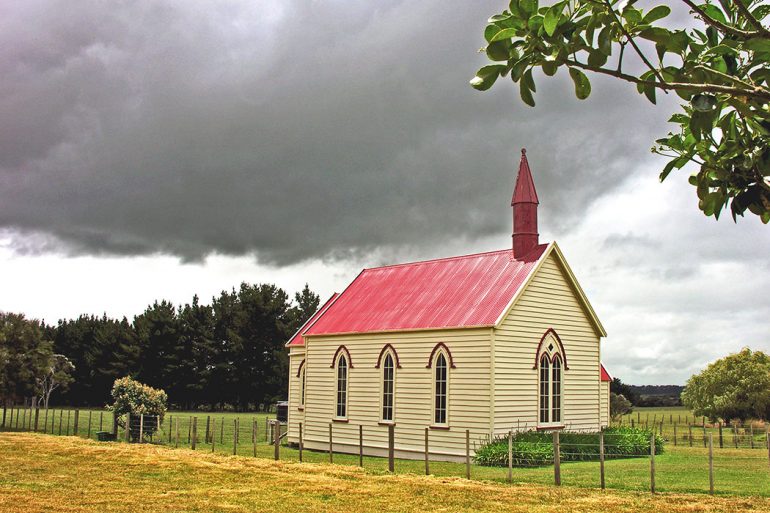A few weeks ago the editors here at ETR made a field trip of sorts over to New York City to attend a panel discussion on climate change sponsored by North Country School and Camp Treetops and part of Climate Week NYC. The discussion was titled From Alarm to Action: What Works? and focused on moving from the facts surrounding climate change toward the enactment of positive change. Nick Babladelis wrote a great synopsis of the event for ETR’s blog.
There was an overwhelming sense that the science on climate change and its impacts was as close to certain as it’s going to get.
Early into the discussion Bill McKibben mentioned the newest IPCC report and how it is an iteration of more or less the same facts as previous years’ reports. The panelists all seemed to agree, as the event’s title suggest, that it was time to move on from ringing the alarm bell to effective action.
The panelists had varying answers as to what that action looked like. McKibben seemed to feel the answer lies in individuals and grass roots movements rather than in corporations or governments. He referenced the plutocracy in D.C. and Washington’s overall lack of urgency on climate change legislation and action. McKibben pointed to the fact that the fossil fuel industry is a “sprawling machine” and that the environmental movement must likewise be local and sprawling, as seen with his 350.org.
Tom Steyer seemed to have more faith in the effectiveness of corporations, “Research- based American innovations trying to make money is highly effective; if this can be applied to alternative energy and sustainable energy amazing things can be done.” Steyer also held up the possibility of political solutions, “This is a political problem susceptible to a political solution.” Steyer is seeking to find such solutions through involvement in endeavors such as the Advanced Energy Economy and The Center for the Next Generation.
Philanthropist Richard Rockefeller honed in on the importance of mindset, “The nexus of environmentalism and humanism is the human mindset.” Rockefeller noted how people need to be more concerned with the long term in addition to the short term. Our consumer culture prohibits long term thinking and therefore takes the focus off the long-term problem of climate change. Rockefeller’s Rockefeller Brothers Fund is seeking to bring social change through funding various projects centered around democratic practice, peace building, and sustainable development.
While the three panelists voiced various avenues for action on climate change, a similar thread tied everything together: the role of the heart.
All of the panelists came back to the fact that without a personal investment in these issues action will not happen. As Tom Steyer said about those already involved in the environmental movement, “They are not doing these things for analytical reasons but more so for where their hearts are.” McKibben mentioned the importance of experiencing the outdoors in instilling this deeper concern, “Our generation is one where everything is mediated from screens that tell us we are the center. Being outdoors teaches us we are just a small part of something much, much bigger.” (Our own wilderness-loving yuppie Nate Sell recently wrote an article on this topic and the need of wilderness experiences.)
Christians have a role to play in this crisis and that’s a role science can’t fulfill—the heart is the territory of the Church.
As Christians we oftentimes hover cautiously around ecological issues fearing we might overstep our boundaries—after all most of us aren’t scientists. However, the time for this cautious hovering and kowtowing is over. We can no longer stand timid on the sidelines, there is a deep and urgent need for peoples’ hearts to be awakened. By bringing people to a place of respect and responsibility for Creation, Christians can participate in this awakening.
Scientists can ring the alarm bell over and over until it reverberates in every nook and cranny across this earth: the crisis continues just as peoples’ unsustainable behaviors continue unchanged. The point is that people will not change these damaging habits through the presentation of facts and figures alone. We are not just rational creatures—positive change will entail, additionally, an appreciation of the beauty and sacredness of Creation.
While science has greatly advanced our understanding of the natural world it has also generated a mentality of reduction. This bio-mechanical reduction, coupled with uncurbed greed, has led to the view of the world as resource and nothing more. Daily we partake in a cognitive dissonance allowing for the unhindered abuse of the earth in the name of progress and comfort. Now this is not a call for us to become neo-Luddites or Primitivists, but that our utilization of the gifts of this earth must be tempered by a sense of respect and awe. As E.F. Schumacher said, “Anything that we can destroy but are unable to make is, in a sense, sacred, and all our ‘explanations’ of it do not really explain anything.” [ref]E.F. Schumacher. A Guide For the Perplexed. New York: Harper and Row Publishers, 1977.[/ref]
This is not a matter of religion versus science, but rather an acknowledgement that both have an equally valid role to play.
Just as the scientific community has played an integral part in raising awareness of climate change and its many impacts, the Church is called to combat the present deficit of concern. The current crisis is as much spiritual as it is biological and any effective solution must involve both spheres. The scientific community has played their part and continues to do so, it’s our turn now.





